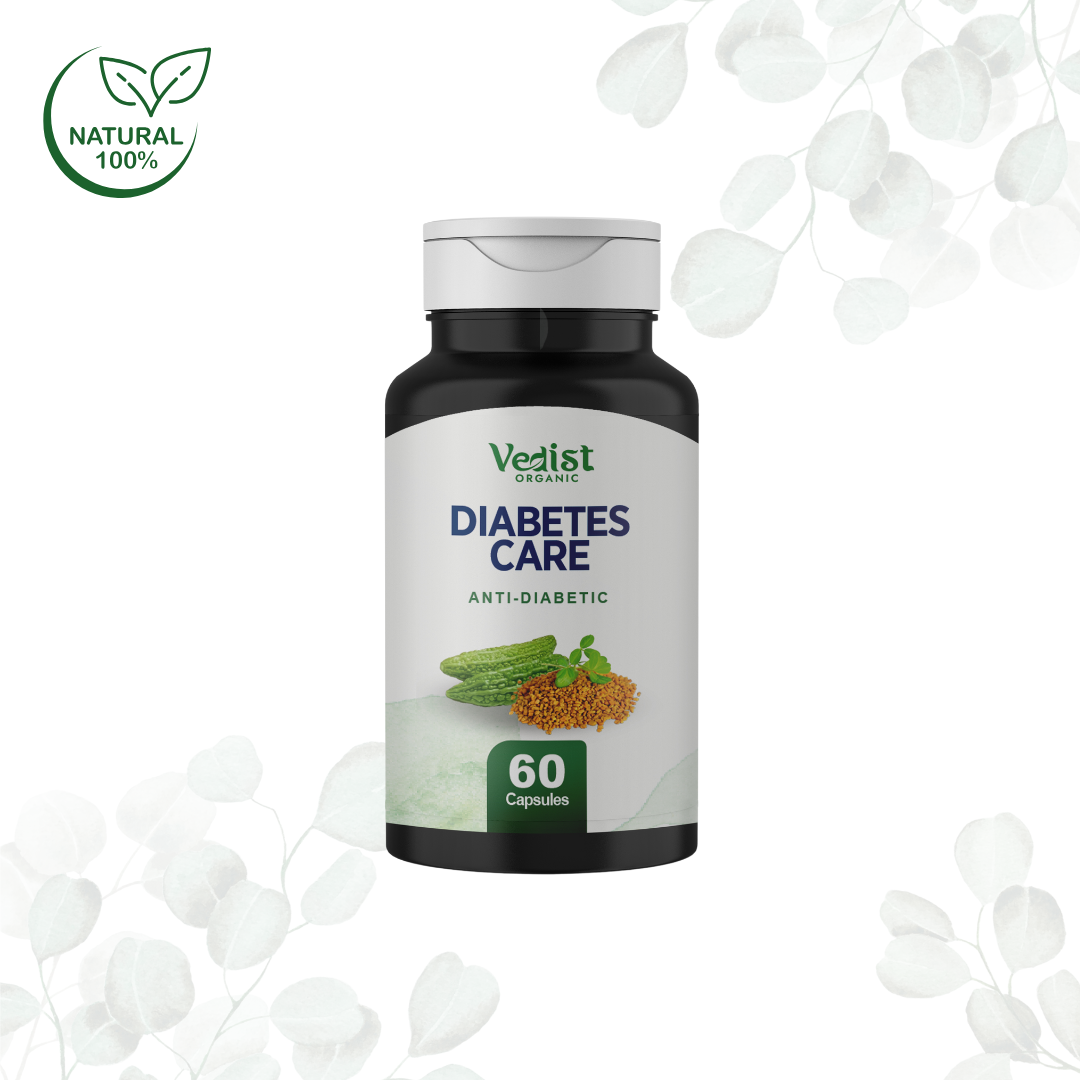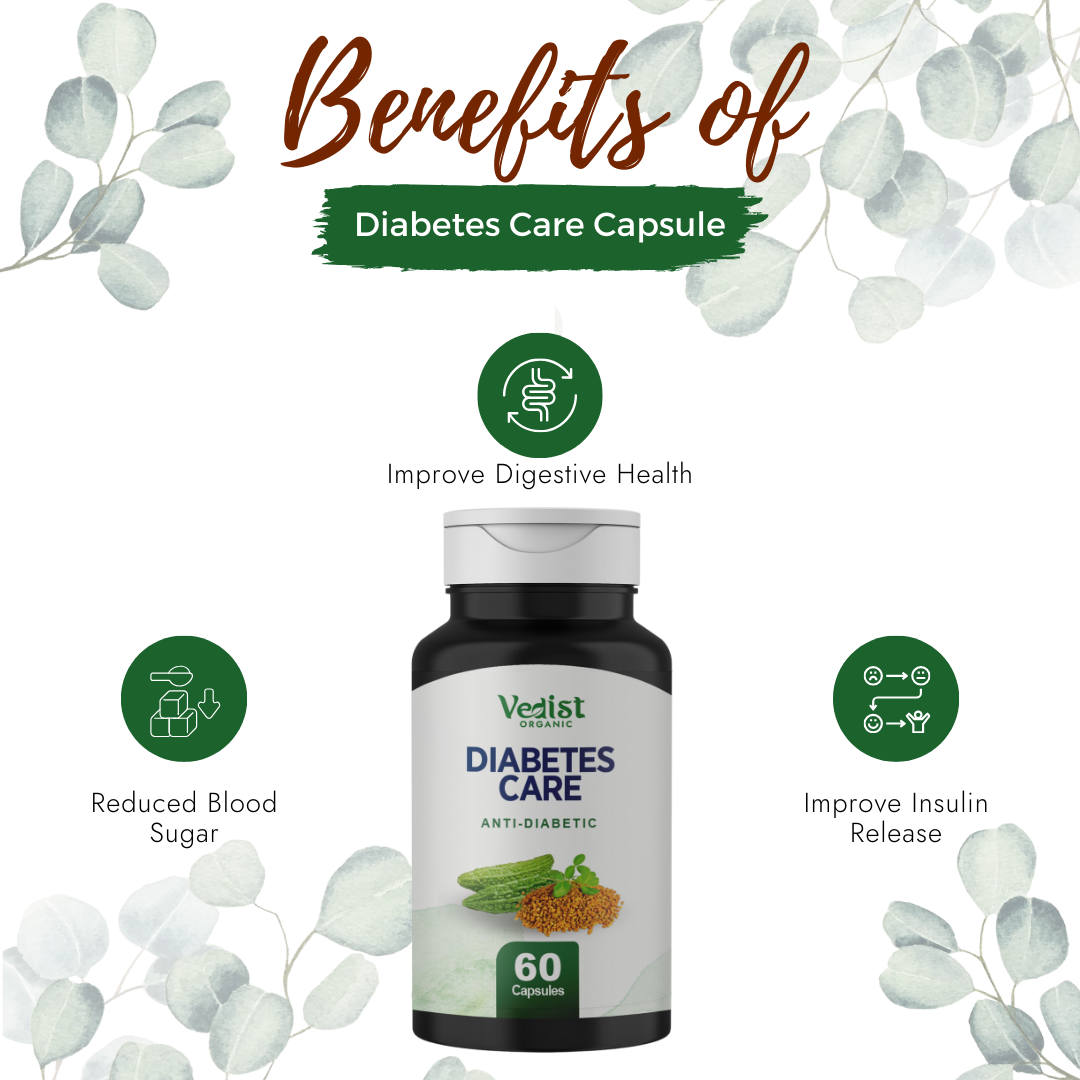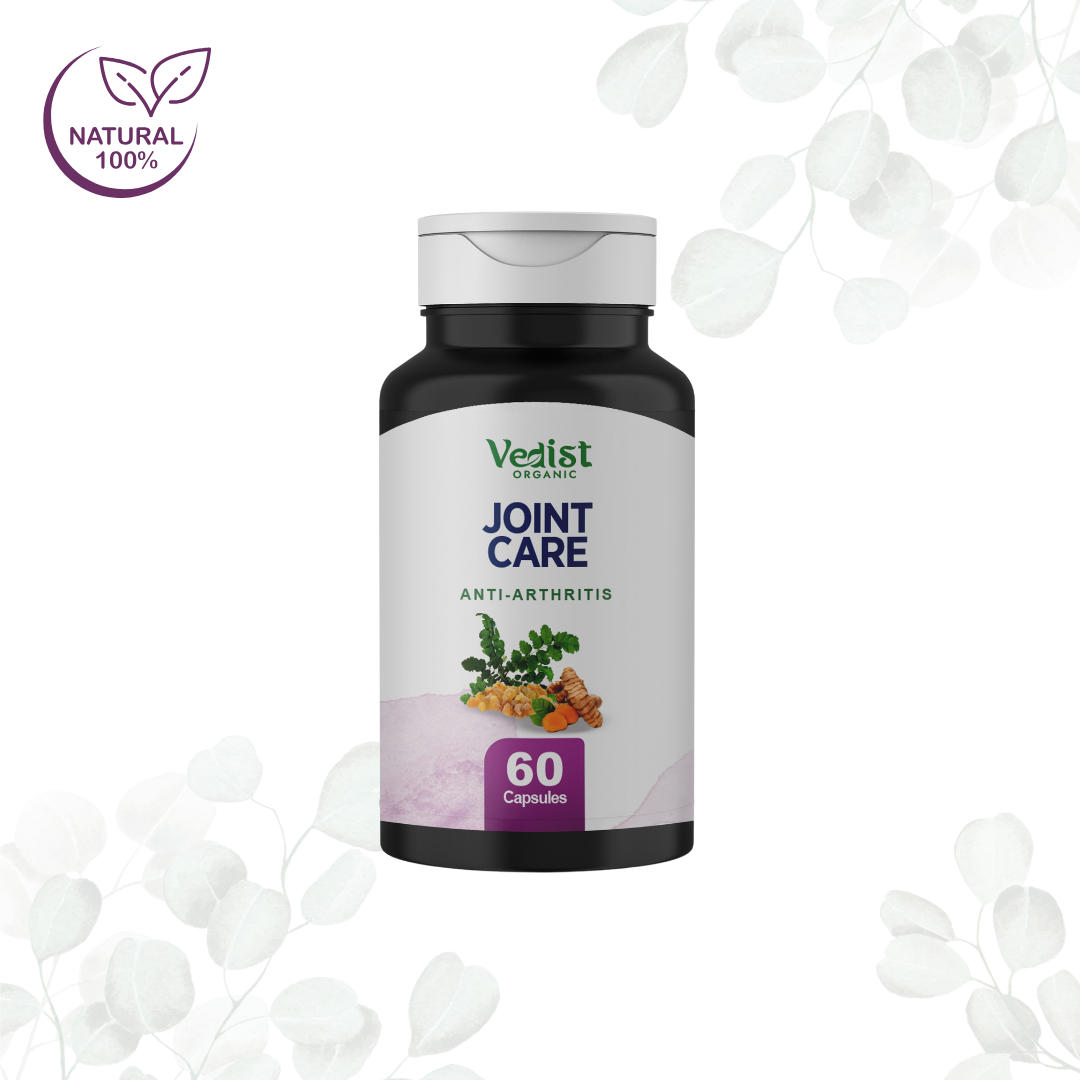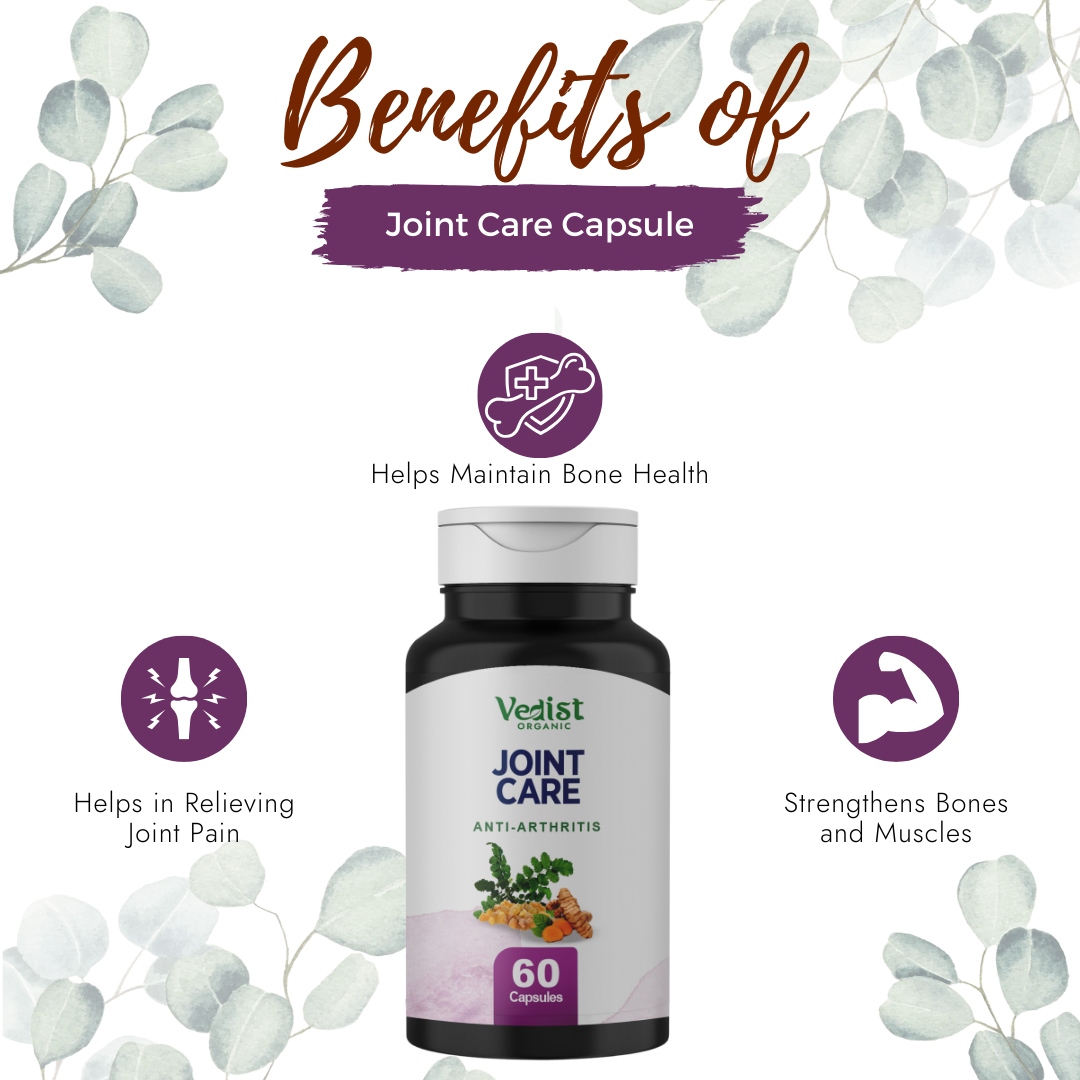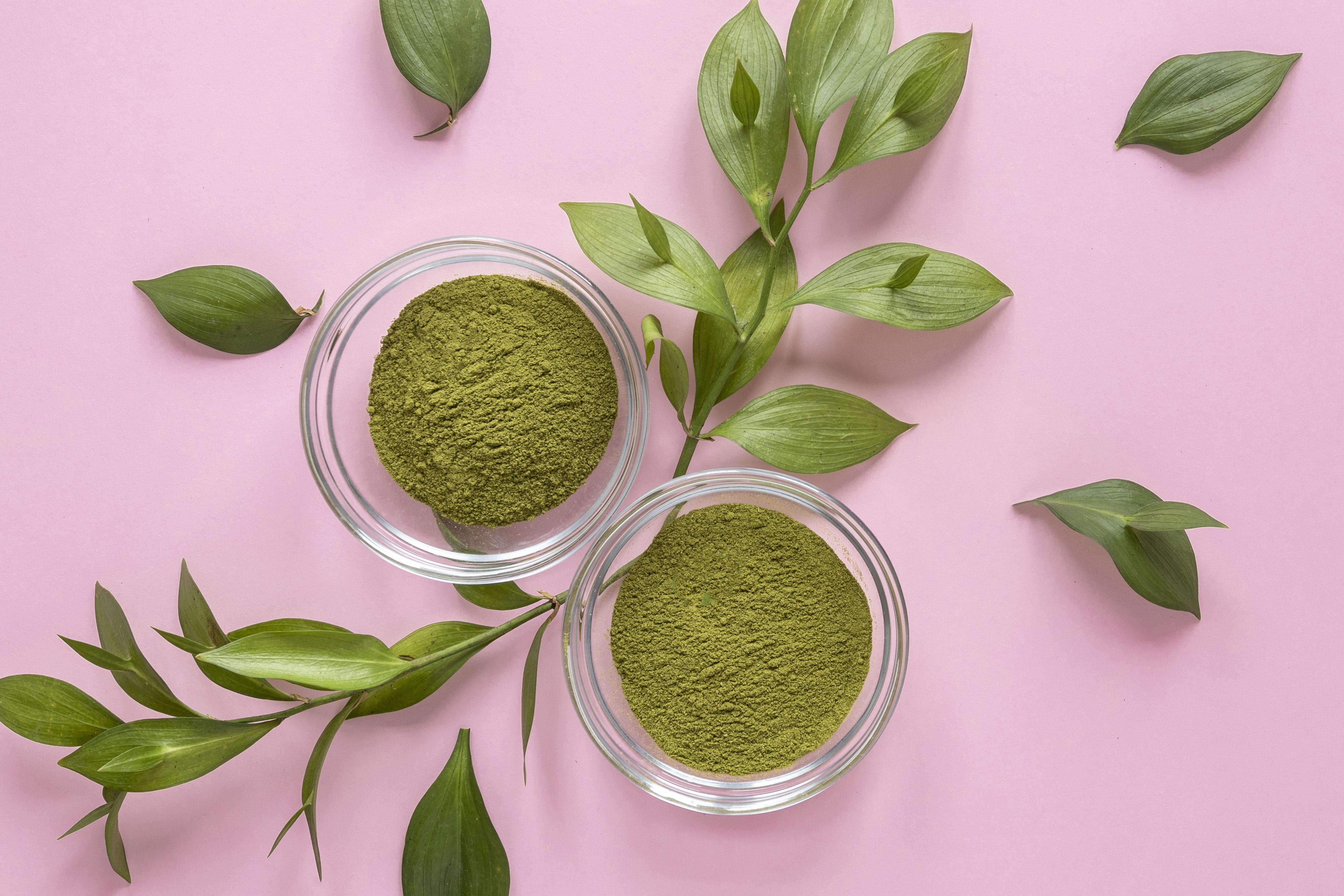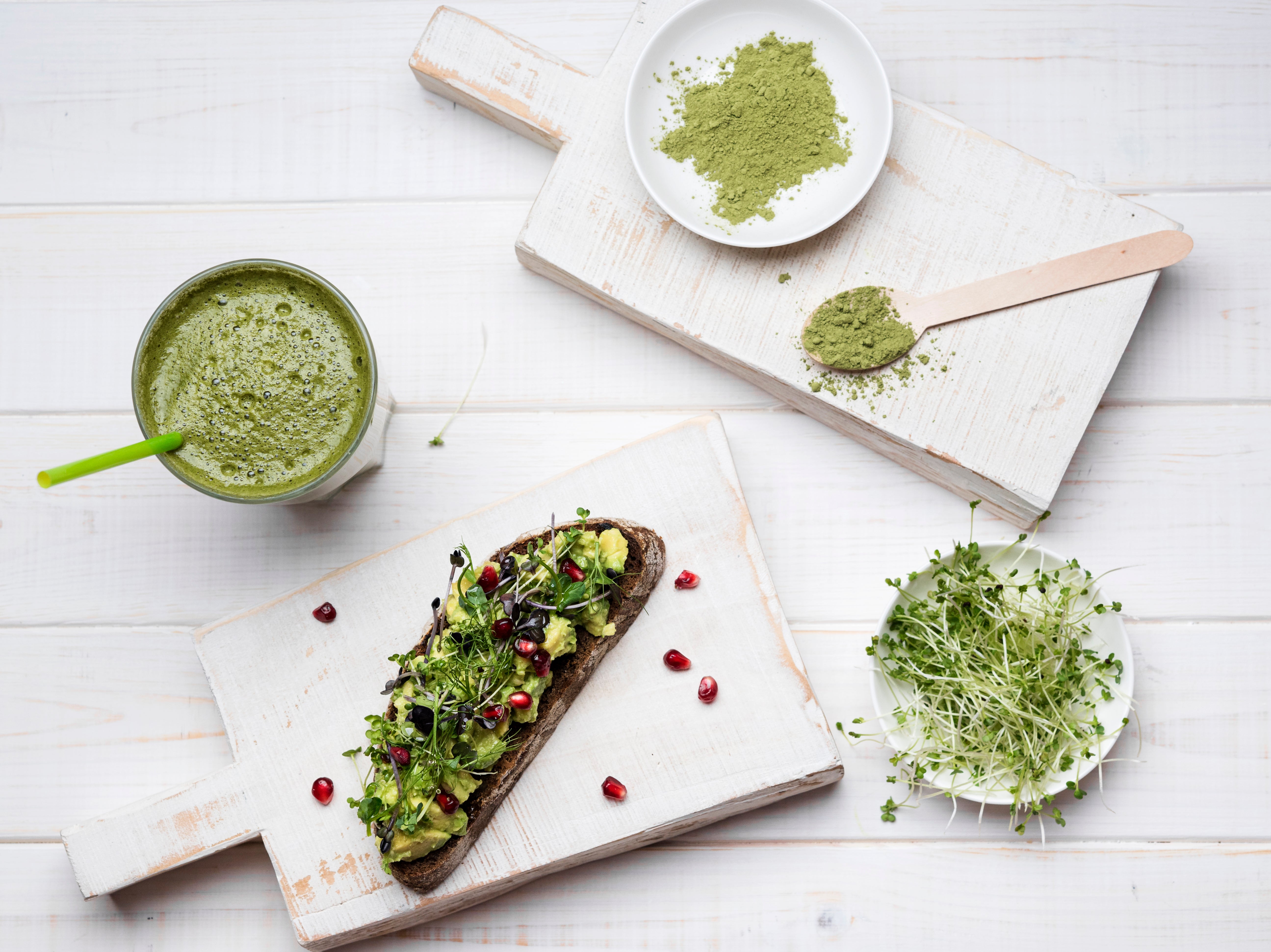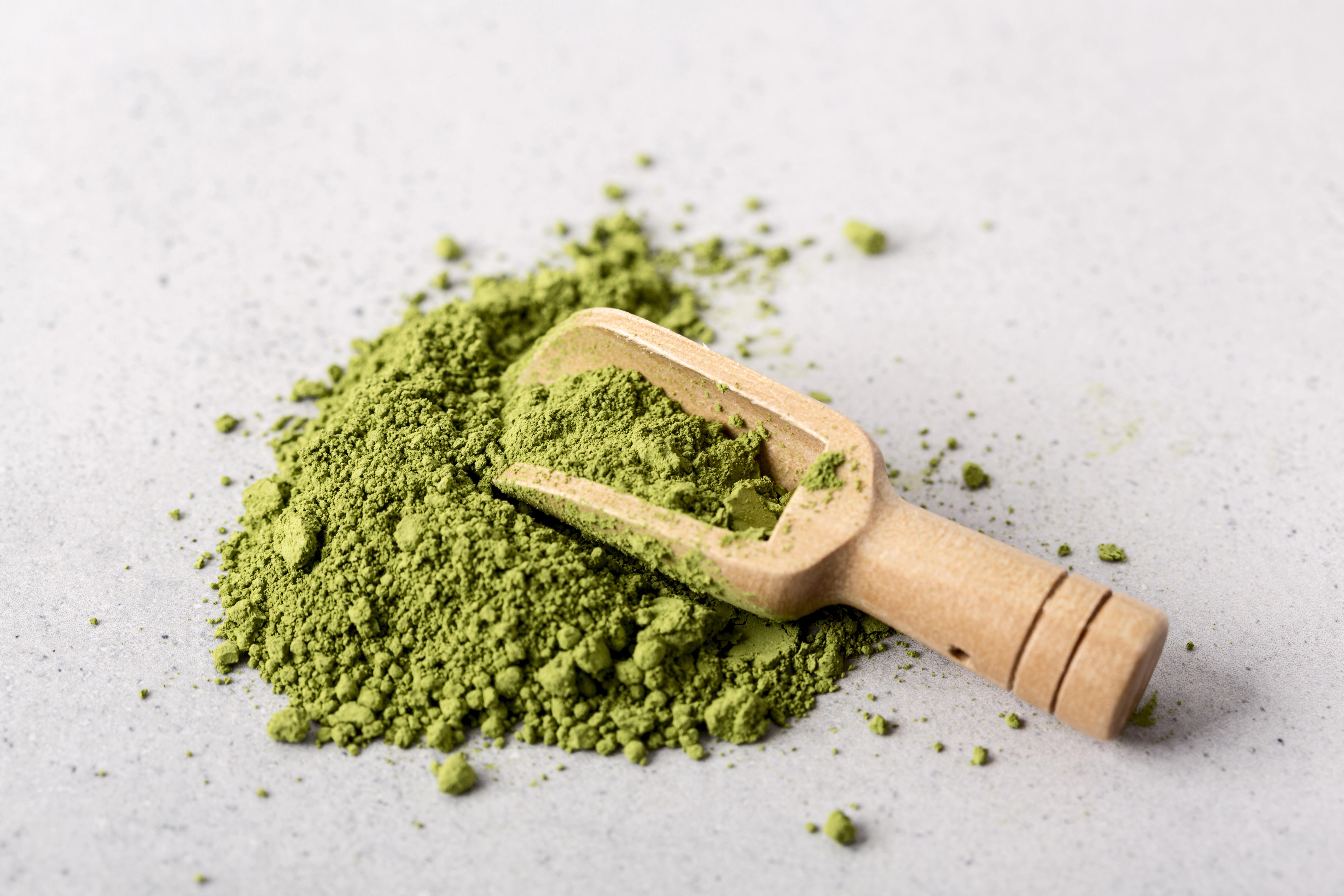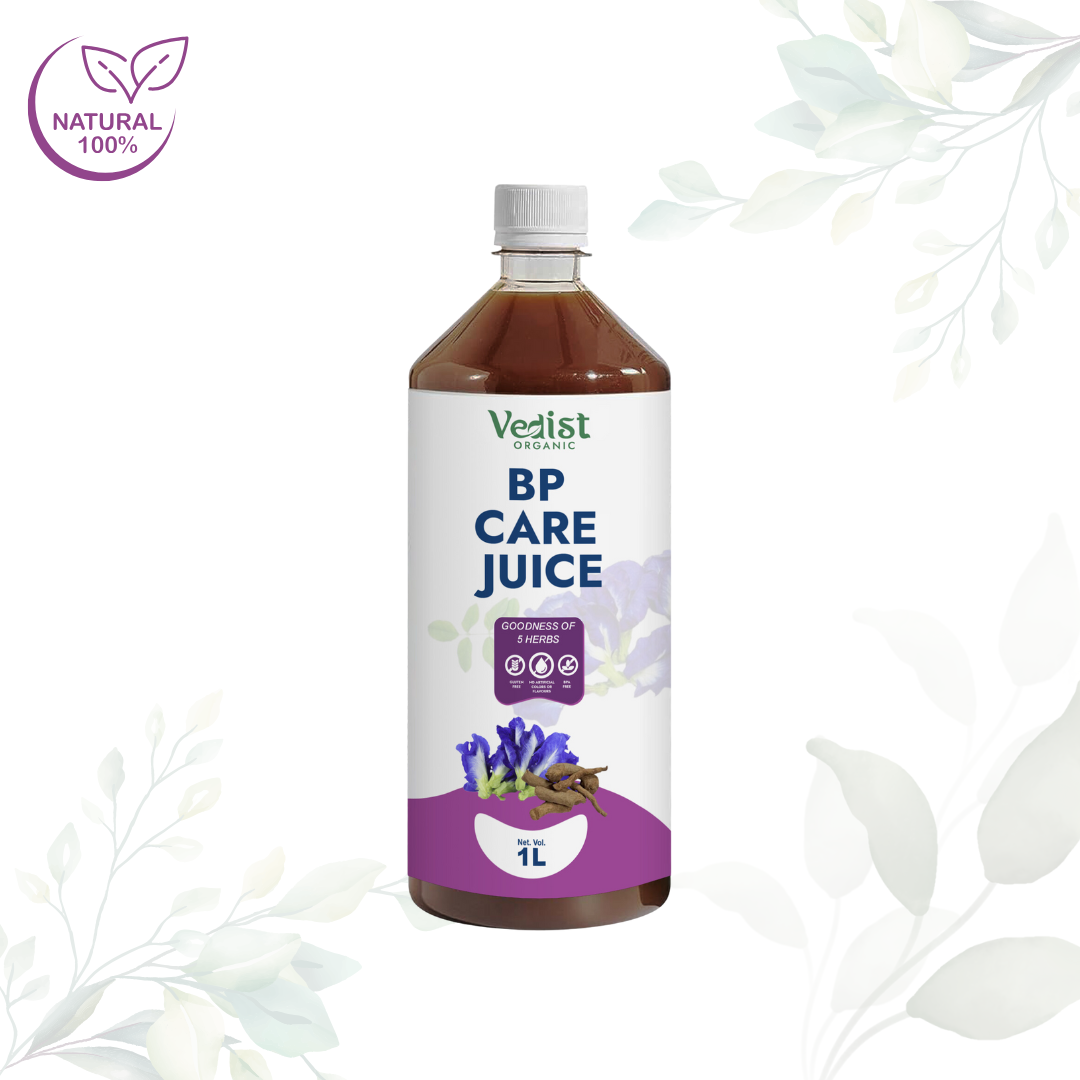
Does Ashwagandha Increase Testosterone? What Science Says
If you have ever searched for natural ways to improve energy, muscle strength, or libido, you have probably wondered: does ashwagandha increase testosterone? The answer is increasingly clear. Studies and clinical trials suggest that ashwagandha, a centuries-old Ayurvedic herb, may support healthy testosterone levels in men, especially those experiencing stress or fatigue.
Testosterone is a vital hormone that affects not only physical strength but also mood, cognitive function, and sexual health. Low testosterone can lead to fatigue, reduced muscle mass, low libido, and even mood swings. Many men are seeking natural testosterone supplements as safer alternatives to medical therapies.
In this article, we will thoroughly explore whether ashwagandha can increase testosterone, examine the latest scientific evidence, explain how it works in the body, and provide practical guidance on using it effectively for hormonal support. By the end, you will understand the real potential of ashwagandha as a natural testosterone booster.
What Is Ashwagandha and Why Is It So Popular
Ashwagandha, also known as Withania somnifera, is a renowned adaptogenic herb that has been used in Ayurvedic medicine for thousands of years. Traditionally, it was considered a powerful tonic for vitality, strength, and overall wellness. It is sometimes referred to as “Indian ginseng” because of its rejuvenating properties.
Ashwagandha is widely used for its ability to reduce stress, improve stamina, enhance immunity, and support hormonal balance. Modern supplements make it easy to consume in different forms such as powder, capsules, and extracts.
Some of the most well-known benefits of ashwagandha powder include
-
Stress reduction and cortisol regulation
-
Increased energy, vitality, and endurance
-
Support for healthy testosterone levels
-
Muscle recovery and improved strength
-
Enhancement of mental focus and mood
The growing popularity of ashwagandha is partly due to its adaptogenic properties, which help the body manage stress. Since stress can reduce testosterone levels, many men now ask, does ashwagandha increase testosterone? Scientific research suggests that it can, and the effect is most noticeable in men who are stressed or have lower baseline testosterone levels.

The Science Behind Testosterone: Why It Matters
Testosterone is the primary male sex hormone, but it also plays a crucial role in women’s health. For men, healthy testosterone levels are essential for energy, muscle growth, libido, mood regulation, and cognitive performance. Low testosterone levels can lead to
-
Fatigue and low energy
-
Loss of muscle mass and strength
-
Reduced sexual desire and performance
-
Mood swings, irritability, or depression
-
Difficulty concentrating or mental fog
Men with low testosterone often look for natural testosterone supplements that can safely support their hormone levels. This is where ashwagandha comes into play. The adaptogenic properties of ashwagandha help the body manage stress, reduce cortisol, and promote hormonal balance, which may result in higher testosterone production.
Many studies have explored the question: does ashwagandha increase testosterone? The results indicate that regular supplementation, especially when combined with a healthy lifestyle, can lead to meaningful improvements in testosterone levels, energy, and overall well-being.
So, Does Ashwagandha Really Increase Testosterone
The question on many minds is: does ashwagandha increase testosterone, or is it just a wellness trend? Scientific studies provide a clear answer. Clinical trials have shown that ashwagandha supplementation can significantly improve testosterone levels in men, particularly those under stress or experiencing fertility issues.
Key findings from research include
-
A study published in the Indian Journal of Psychological Medicine involved 75 men with chronic stress who took 5 grams of ashwagandha root powder daily for eight weeks. The results showed an average 14% increase in testosterone levels, improved sperm count, and enhanced motility.
-
A study on infertile men found that ashwagandha supplementation increased both testosterone and luteinizing hormone, which signals the testes to produce testosterone.
-
Men taking ashwagandha reported improved sleep quality, reduced stress, and better energy levels, all of which contribute to healthy hormone function.
Ashwagandha may increase testosterone through multiple mechanisms
-
It reduces cortisol, the stress hormone, which can suppress testosterone when elevated
-
It enhances luteinizing hormone function, directly stimulating testosterone production
-
It improves sleep and recovery, allowing the body to maintain optimal hormone balance
In summary, ashwagandha for testosterone is more than anecdotal. Scientific evidence suggests that men can experience a modest but meaningful boost in testosterone levels when taking ashwagandha consistently.
Additional Benefits of Ashwagandha for Men’s Health
Beyond testosterone support, ashwagandha offers a wide range of health benefits for men, making it a versatile natural supplement. Regular consumption can help
-
Improve strength and endurance, which is beneficial for athletes and fitness enthusiasts
-
Reduce stress and anxiety, supporting better mental health and hormone balance
-
Boost energy, mood, and focus, contributing to productivity and overall vitality
-
Support immune function and accelerate muscle recovery after workouts
Using ashwagandha for testosterone does not only aim to improve hormone levels but also enhances overall wellness. Many men report feeling more confident, energetic, and mentally sharp after taking ashwagandha consistently.
How to Use Ashwagandha for Testosterone Support
To achieve optimal results, it is important to use ashwagandha correctly. Typical recommendations include
-
300 to 600 mg of standardized root extract per day
-
Alternatively, 1 tablespoon of raw powder twice daily
-
Take with lukewarm water or honey before meals for better absorption
-
Consistent use for 4 to 8 weeks is needed to notice meaningful improvements
Ashwagandha works best when combined with healthy lifestyle habits, including regular exercise, adequate sleep, and a balanced diet. Safety is generally excellent, but consulting a doctor is recommended for individuals with medical conditions or those taking medications.
When to Avoid Ashwagandha
Although ashwagandha is safe for most people, certain individuals should avoid it
-
Pregnant or breastfeeding women
-
People with autoimmune disorders or thyroid conditions
-
Individuals taking sedatives or medications for diabetes
Following these precautions ensures that supplementation remains safe while maximizing the potential benefits of ashwagandha for testosterone.
Real User Experiences and Testimonials
Many users have shared positive experiences with ashwagandha, reporting improvements in testosterone-related outcomes and overall wellness. Examples include
-
Feeling more energetic and motivated during workouts
-
Improved sleep quality and reduced stress
-
Enhanced muscle recovery and physical strength
-
Better libido and sexual performance
These testimonials highlight the real-world impact of ashwagandha supplementation and its potential as a natural testosterone booster.
The Bottom Line: Ashwagandha’s Role in Testosterone Health
Scientific evidence and user experiences together suggest that ashwagandha can increase testosterone, particularly in men experiencing stress-related hormonal decline. Key takeaways include
-
Ashwagandha offers modest but meaningful improvements in testosterone
-
It works best alongside stress management, a balanced diet, and regular exercise
-
It supports mental clarity, energy, mood, and muscle recovery
-
Ashwagandha is a natural and safer alternative to hormone therapy for many men
By incorporating ashwagandha into a healthy lifestyle, men can enjoy improvements in hormonal balance, vitality, and overall well-being.
Try It Yourself — Vedist Organic Ashwagandha Powder
Vedist Organic Ashwagandha Powder is a high-quality, 100% Ayurvedic formulation that offers
-
Pure, additive-free ashwagandha
-
Lab-tested safety and purity
-
Support for stamina, muscle strength, and hormonal balance
-
Enhanced stress relief and vitality
How to Use
-
Take 1 tablespoon twice daily with lukewarm water or honey before meals
-
Maintain consistent use for 4–8 weeks for best results
-
Consult a healthcare professional for prolonged use
Customer Reviews: Average 4.9/5, with feedback highlighting increased energy, improved strength, and better mood.
Read Our Latest Blogs
How To Consume Moringa Powder | How To Take Moringa Powder | Moringa Powder Dosage | Ashwagandha Benefits For Skin
Frequently Asked Questions
Q1. Does ashwagandha increase testosterone in women?
Ashwagandha can support hormonal balance in women, but its effect on testosterone is more noticeable in men. Women may experience benefits such as reduced stress, improved energy, and overall vitality.
Q2. How long does it take to see testosterone improvements?
Most users report noticeable improvements in energy, mood, and libido within 4 to 8 weeks of consistent supplementation. Individual results may vary depending on lifestyle and baseline hormone levels.
Q3. Can I take ashwagandha with other supplements?
Yes, ashwagandha is compatible with vitamins, protein powders, and other adaptogens. However, consult your doctor if you are taking prescription medications.
Q4. What is the best form of ashwagandha for testosterone?
Both powder and standardized root extracts are effective. Capsules offer convenience, while powder allows flexible dosing and can be added to smoothies or drinks.
Q5. Can ashwagandha replace testosterone therapy?
Ashwagandha can help support testosterone naturally, but it is not a replacement for medical testosterone replacement therapy in men with clinically low hormone levels.
Q6. Does ashwagandha improve libido?
Yes, by supporting testosterone and reducing stress, ashwagandha may improve sexual desire and performance.
Q7. Are there any side effects?
Ashwagandha is generally safe. Mild digestive discomfort can occur in rare cases. Avoid use during pregnancy or if you have thyroid or autoimmune conditions without consulting a doctor.
Q8. How should I take ashwagandha for best results?
Take 1 tablespoon of powder or 300-600 mg of root extract daily, preferably with lukewarm water or honey before meals. Consistency and combination with a healthy lifestyle enhance benefits.
